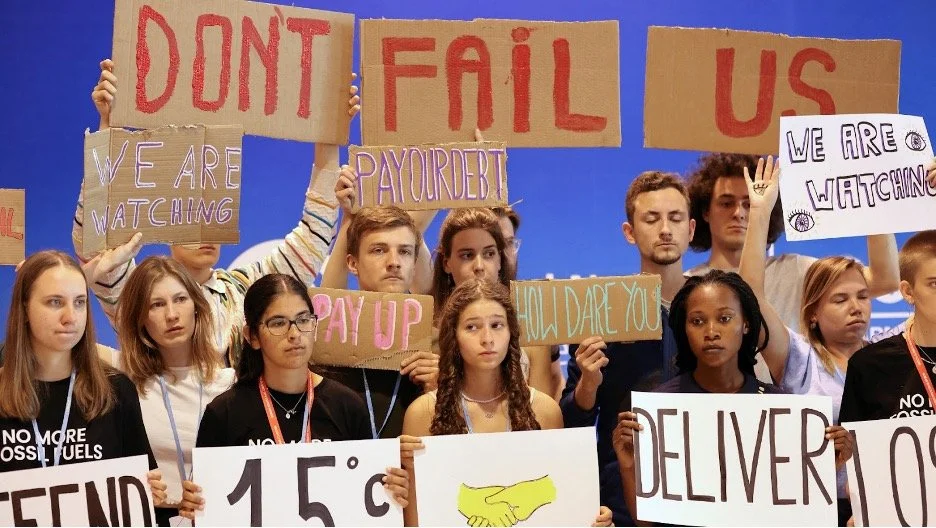Cop 27: Performative or Success?
November 20th marked the end of the 27th United Nations Climate Change Conference (UNCC) on the urgency of dealing with climate change. This year’s edition of the UNCC, commonly referred to as COP27, took place in Sharm El Sheikh, Egypt, and shouldn’t be confused with COP15 on biodiversity, which took place in Montreal.
Historic gaps between COP pledges and concrete actions have sparked heavy criticism around the conferences’ effectiveness. Moshe Lander, senior lecturer in Economics at Concordia University, describes the conference as a "great talking shop, a great chance for everybody to say what's on their mind, but it produces very little." He believes that this time around will not be any different.
The main issue with the COP highlighted by Lander is that all 192 countries cannot simultaneously coordinate and agree on climate-changing economic behavior: “It's easy to talk big. But when it comes time to do something, it's very difficult [...] to agree on anything”. The UNCC has made very little progress; some say this year’s undermined the fundamental issue of cutting emissions by pushing back the necessary changes to curtail global heating to 1.5 degrees Celsius.
Lander says it's not only politicians' fault since many voters are not prepared for the implications of various policies. Such voters demand fewer emissions but do not want (or cannot afford) higher gas prices. As post-pandemic inflation continues to exacerbate heightened costs of living, opposition has risen against regressive policies like carbon taxes, which are often responsible for substantial income cuts in already low-income communities. Solutions must not disregard these taxes entirely, but should embed methods to alleviate this burden, perhaps by returning the generated money to households in need.
In the case of this COP, a championed success was that of the new fund for loss and damage. Totaling more than 230 million USD, it is meant to help vulnerable communities adapt to the ever-worsening symptoms of climate change. This historic initiative passed after heavy resistance by higher-income nations, which rejected the notion that they should compensate lower-income ones. This funding mechanism, however, still lacks precise delegation, objectives, and enforcement. Very few nations have pledged contributions, and it remains on commitments alone. A similar financing commitment arose from the COP in 2009, where developed countries agreed to mobilize 100 billion USD annually by 2020 for climate action in developing countries. In reality, governments did not track or ensure such investments, and targets have likely been missed every year since 2013.
Despite these performative, “talking shop” aspects, the United Nations Climate Change Conference may be one of the only types of meetings that can effectively pressure countries. Through soft competition, comparisons of policies can highlight who is leading the green transition and who is lagging behind. Nevertheless, countries agreeing to meet remain useless if an engaged public does not follow the progress and hold politicians accountable for inaction. Absent enforcement and informed pressure, COP27 cannot drive adequate change.

